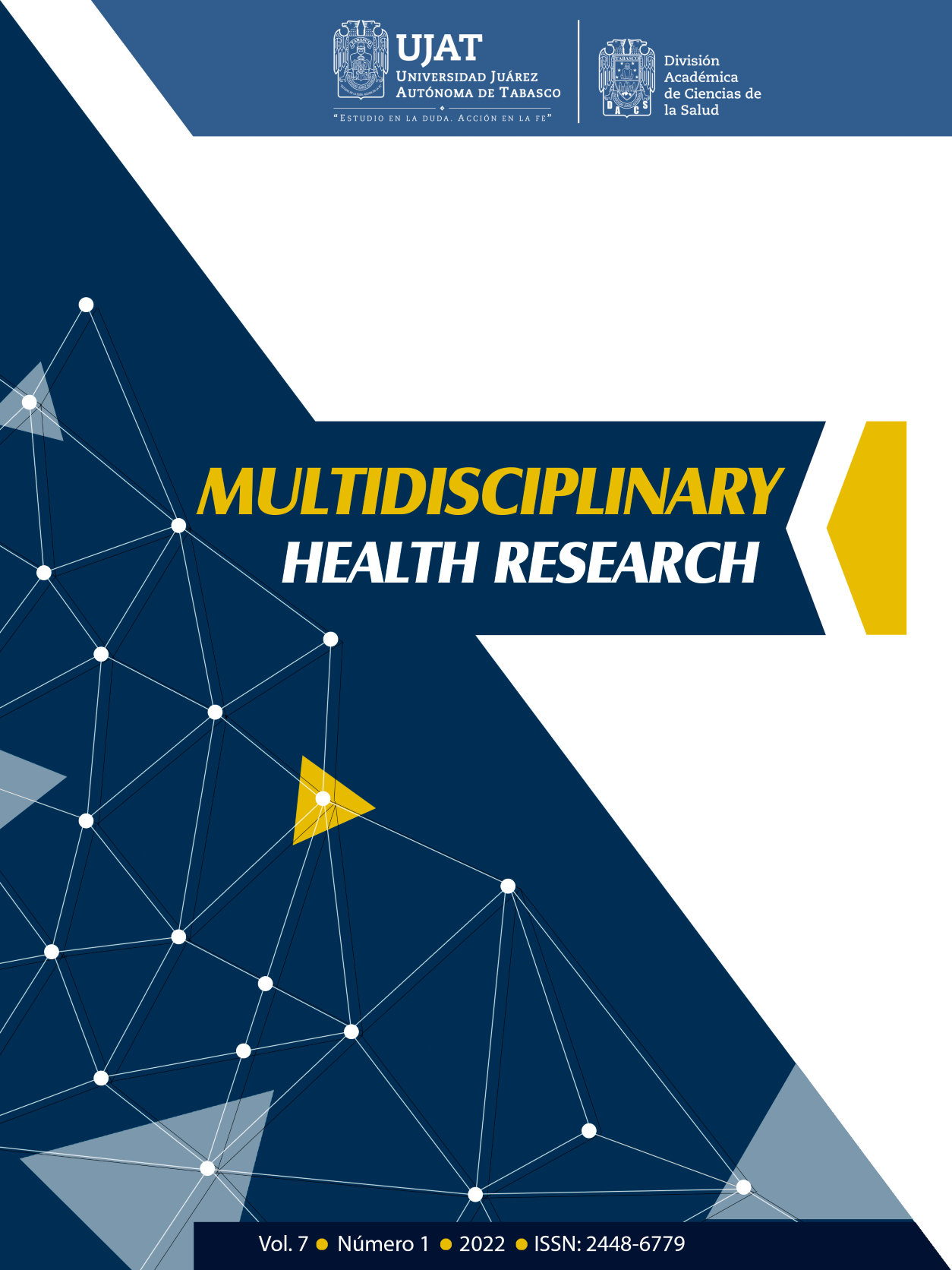Assessment of psychosocial risks in basic, secondary and higher education teachers in the context of the SARS-Cov-2 pandemic
DOI:
https://doi.org/10.19136/mhrjc22uj11Keywords:
Psychosocial Risk, Virtual Classes, Education, COVID-19Abstract
This research was carried out with the objective of knowing and analyzing the psychosocial risks that have occurred in teachers of different educational levels in Mexico, derived from the health contingency caused by SARS-Cov-19, a situation that has forced the schools to migrate to a virtual modality.
The interest of this study is based on two premises, the first, know which are the psychosocial risk factors experienced by teachers in virtual classes, and the second, recover the experience they have lived throughout this period, for which a study was carried out. mixed approach study. Using two instruments for data recollection, as in the first instrument, the NOM-035-STPS-2018 scale was obtained and as the second instrument, a semi-structured interview was used. A convenience sample of the teaching population was used, which helped us with the participation of 50 teachers from four educational institutions from different backgrounds.
The statistical analysis obtained by the NOM-035-STPS-2018 scale shows that virtual classes entail a greater effort for teachers since this modality multiplies the hours of the working day and interferes with various personal activities, thus causing an increased level of stress, anxiety and somatization, on the other hand the qualitative analysis turned out to identify that teachers were unprepared to instantly migrate to virtual classrooms and that for many accessing technological spaces was a challenge due to lack of training in the use of technological resources for education, we conclude by presenting a series of recommendations for the educational levels evaluated
Published
Issue
Section
License
Copyright (c) 2022 Autores

This work is licensed under a Creative Commons Attribution-NonCommercial 4.0 International License.


